
Multi-Source Journalism
This article synthesizes reporting from multiple credible news sources to provide comprehensive, balanced coverage.

Multi-Source Journalism
This article synthesizes reporting from multiple credible news sources to provide comprehensive, balanced coverage.
Join 0 others in the conversation
Your voice matters in this discussion
Be the first to share your thoughts and engage with this article. Your perspective matters!
Discover more articles
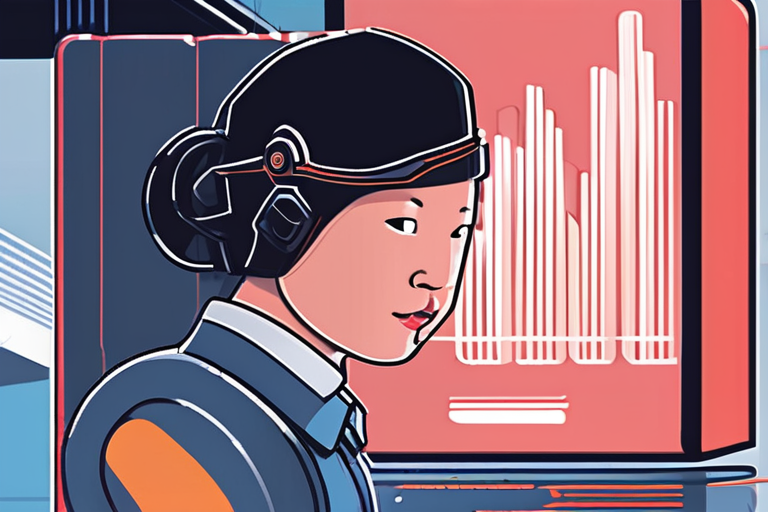
As the generative AI revolution reshapes global power, China is rapidly closing the gap with the US in technological supremacy. With a significant lead in AI publications and patents, China's whole-of-society approach to AI development is yielding im

To foster meaningful collaborations between academia and industry, partnerships must prioritize the public good over profit, leveraging universities' expertise in the humanities and social sciences to drive positive impact. This shift in focus requir

Google's President of Global Affairs, Kent Walker, has warned that Europe's slow adoption of artificial intelligence (AI) technology is putting it at a disadvantage in the global market, particularly compared to China where AI is being integrated acr

China's rapid advancements in open-source AI have sparked concerns for the US and its allies, as the country's dominance in this space could give it a significant edge in the global AI arms race. According to Andreessen Horowitz partner Anjney Midha,
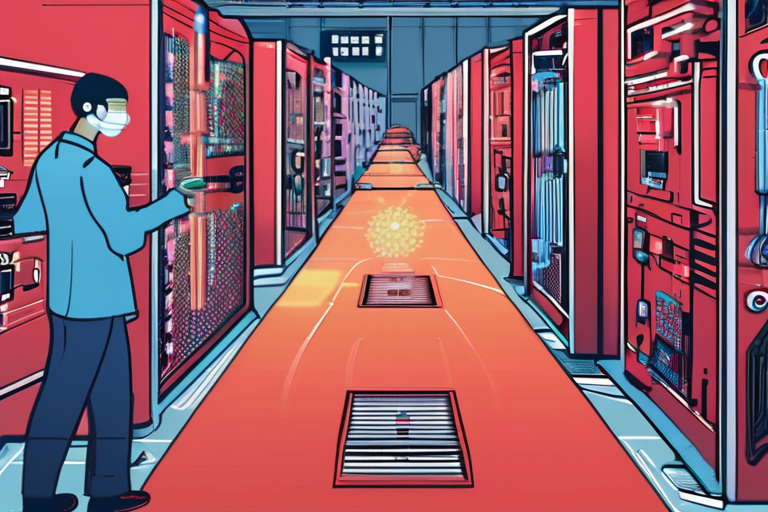
China is aggressively investing in artificial intelligence (AI) and robotics, with a focus on developing high-end chips to power these technologies. This challenge to US dominance comes as Beijing pours billions into domestic chip production, with so
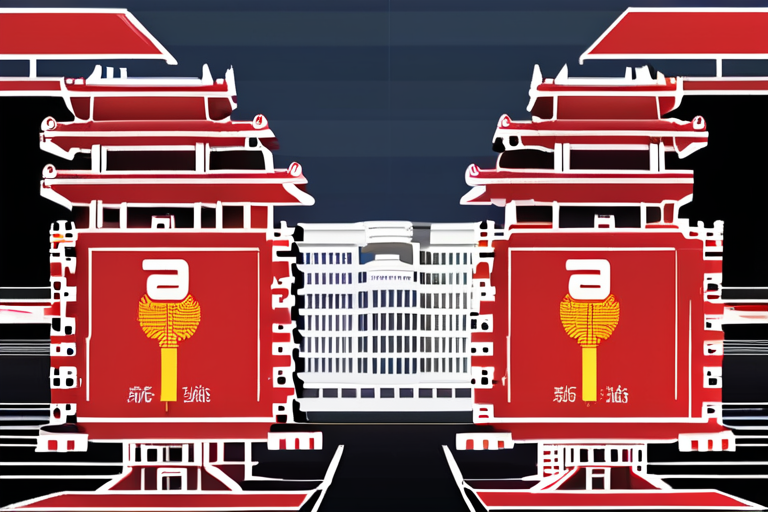
US President Trump's comments on potentially selling advanced AI chips to China have sparked alarm among national security experts, who warn that such a move could compromise America's strategic advantage in the rapidly evolving tech landscape. The s
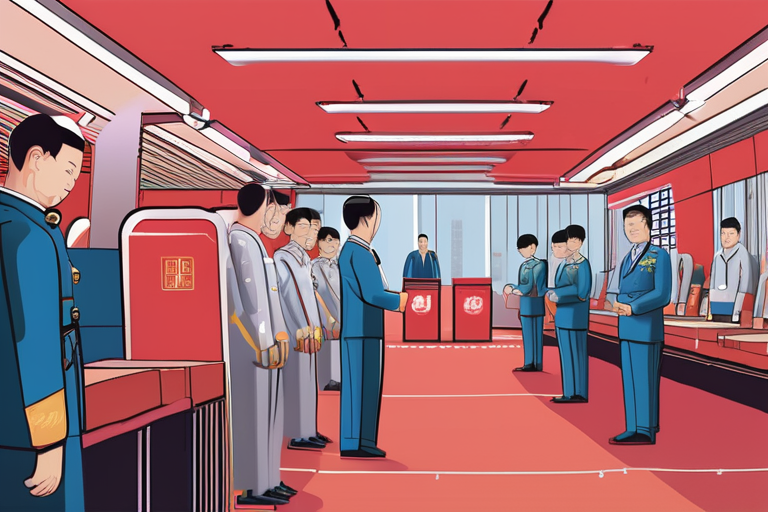
China's rapid advancements in AI have sparked concerns that it may surpass the US as the global leader in technological supremacy. With China leading in AI publications and patents, and accounting for 22.6% of all citations by 2023, experts warn that
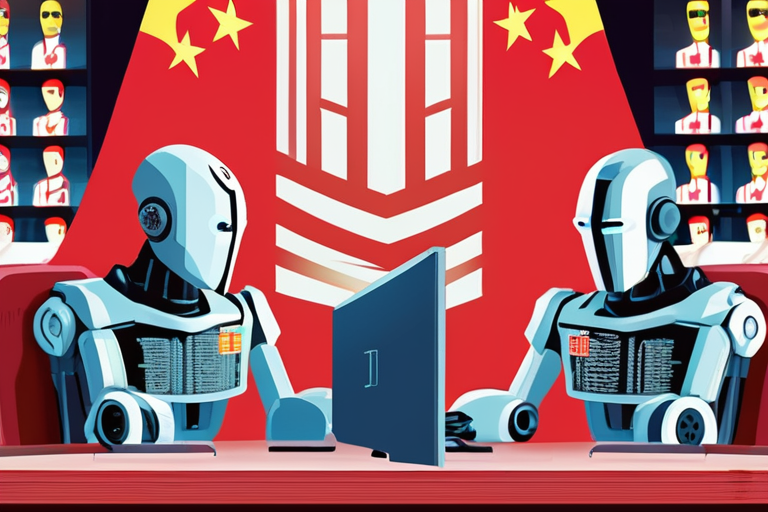
As the world awaits the hypothetical emergence of artificial general intelligence (AGI), a technology that could revolutionize human capabilities, it has become a pervasive and consequential conspiracy theory, sparking both excitement and apocalyptic
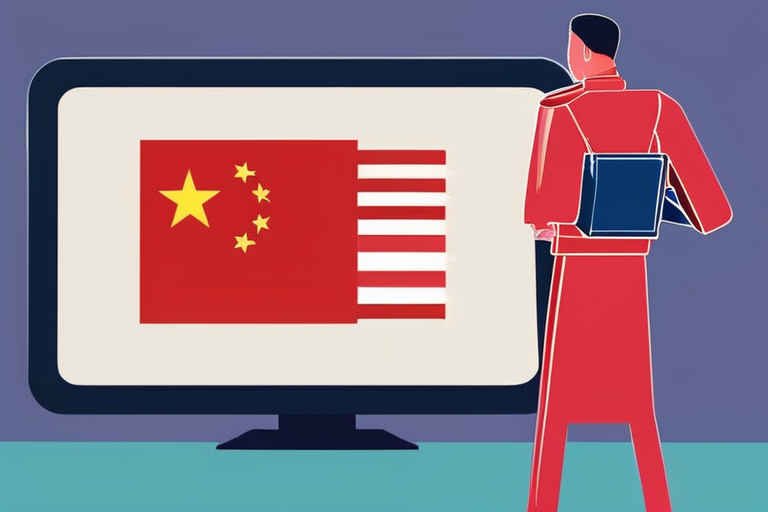
As the generative AI revolution reshapes global power, China is rapidly closing the gap with the US in the AI supremacy race, driven by its significant lead in AI publications and patents, as well as its ability to mobilize whole-of-society resources

The concept of an AI bubble is often misunderstood as an all-or-nothing scenario, but in reality, it's a complex issue driven by mismatched timelines between AI software development and data center construction. As the AI industry invests heavily in
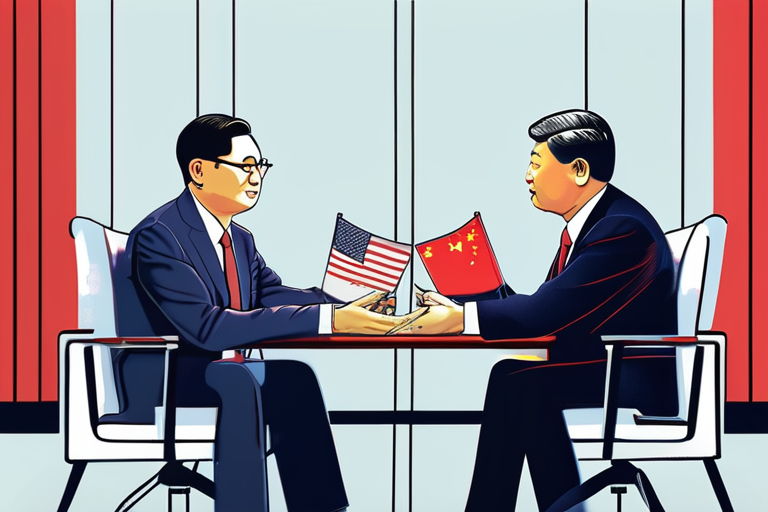
The concept of Artificial General Intelligence (AGI) has become a widespread and influential myth, with some believing it will revolutionize society, while others fear its potential to bring catastrophic consequences. Meanwhile, the US and China are
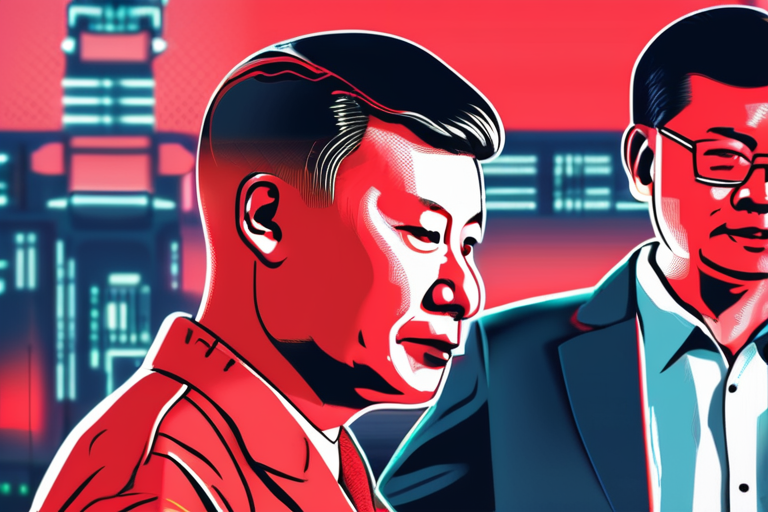
China's dominance in the open-source AI space raises significant geopolitical concerns for the US and its allies, as it accelerates the global AI arms race. According to Andreessen Horowitz's Anjney Midha, China's rapid progress in open-source models
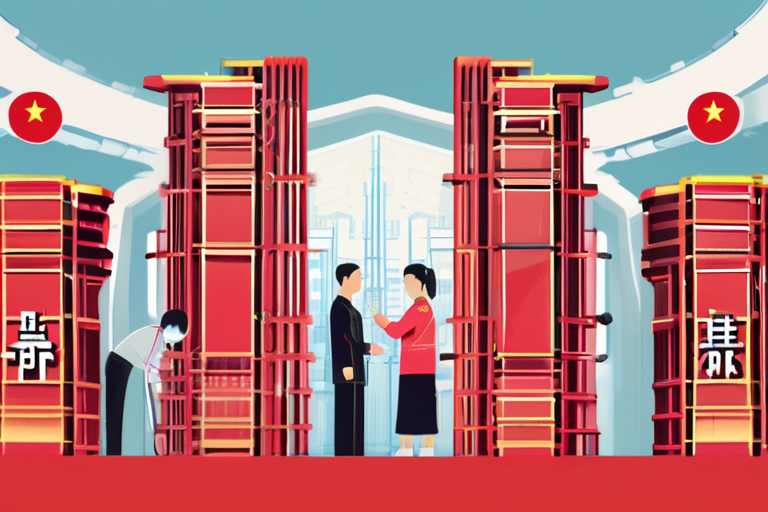
China's potential lead in the AI race has sparked debate, with Nvidia CEO Jensen Huang initially suggesting the country is poised to surpass the US, citing Western cynicism and energy advantages. However, Huang later clarified that China is only "nan

Google's President of Global Affairs, Kent Walker, has warned that the EU's slow adoption of AI technology is putting it at a disadvantage globally, particularly against China, where government investment and regulatory support have fueled widespread

Google's President of Global Affairs, Kent Walker, has warned that the EU's slow adoption of AI technology is putting it at a disadvantage globally, particularly against China. According to estimates, the EU lags behind China by 69% in generative AI
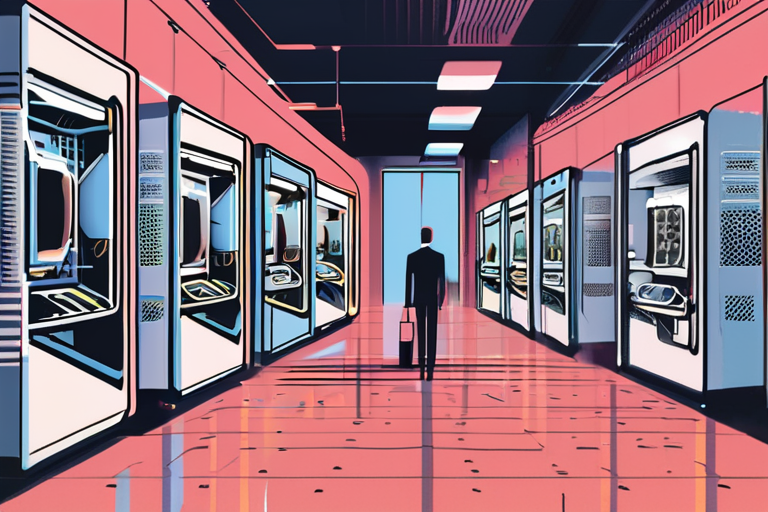
A potential AI bubble may be forming, fueled by excessive hype and investments, which could lead to a significant crash in the industry, impacting jobs, investments, and public trust. This development raises questions about the long-term sustainabili

OpenAI is rapidly advancing its deep learning systems, with models now capable of solving complex tasks at an unprecedented pace. The company's CEO, Sam Altman, predicts that by 2028, OpenAI will have developed a fully automated AI researcher that ca
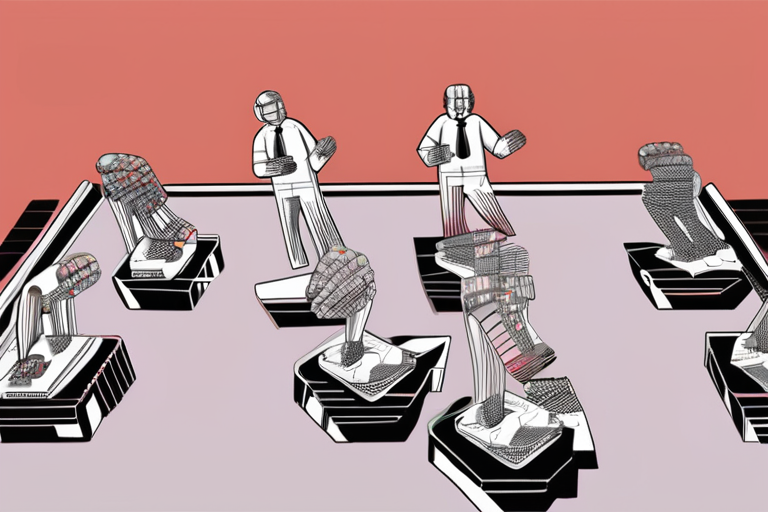
Andy Konwinski, co-founder of Databricks and Laude, warns that the US is losing its AI research dominance to China, citing a shift in the global landscape where Chinese companies are driving innovative ideas. Konwinski argues that the US must adopt a

As AI investment reaches record highs, concerns are growing about an impending "infrastructure bubble" that could leave tech companies with worthless assets. According to Paul Kedrosky, a partner with SK Ventures and MIT fellow, the rapid depreciatio
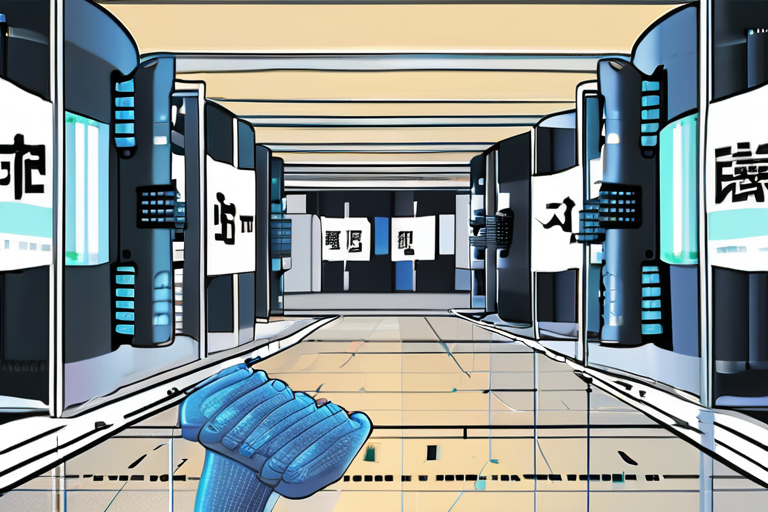
China's generative AI user base has surged to 515 million, more than doubling its previous numbers in just six months, driven by advanced infrastructure and state encouragement. This rapid growth is concentrated among young and middle-aged profession
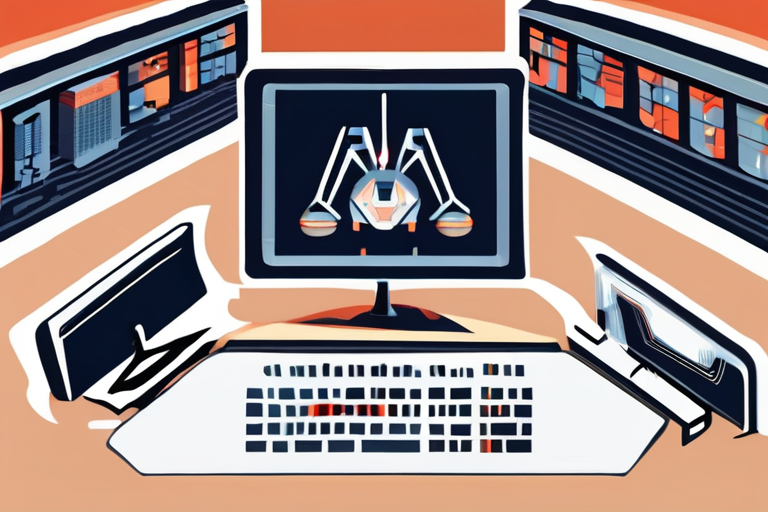
Andy Konwinski, co-founder of Databricks and Laude, warns that the US is losing its AI research dominance to China, citing a shift in innovative ideas from American to Chinese companies. He argues that the US must adopt an open-source approach to AI

OpenAI, a leading artificial intelligence developer, has finalized its corporate restructuring, transforming into a for-profit entity while maintaining a nonprofit foundation. This shift may significantly alter the approach to mitigating AI-related r

China is rapidly closing the gap in the global AI race, with the country's researchers and institutions producing a significant majority of AI publications and patents. According to recent data, China's citations in AI research have surpassed those o

As the global AI landscape shifts, China is rapidly closing the gap with the US, potentially emerging as the AI superpower of the 21st century. With a significant lead in AI publications and patents, China's mobilization of whole-of-society resources
Share & Engage Share
Share this article